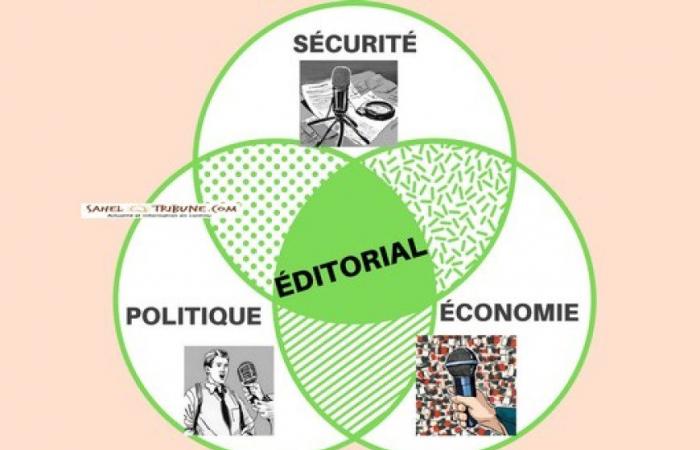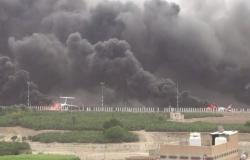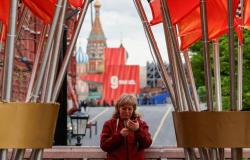Their cries for democracy badly mask their silence in the face of national dramas, and betray a raw reality. In Mali, the transition disturbs less for what it does than for what it is defeating.
While, from Niamey to Ouagadougou, the peoples of AES come together to defend their sovereignty in the face of ECOWAS injunctions and the condescending eyes of the old powers, Mali is an exception. Here, mobilizations are not made for the nation, but for the system. Not for the country, but for the sustainability of compromise political comfort.
On May 3 and 4, 2025, part of the Malian political class met at the Palais de la Culture and the Maison de la Presse. Not to denounce an attack, an external aggression, or a massacre of civilians. No. To protest against two strategic decisions brought by the transition: the possible dissolution of political parties and the elevation of the president of the transition to the rank of President of the Republic, for a mandate of five years renewable.
It is no longer a fight for democracy. It is a battle for the survival of devices.
The selective indignation of an exhausted class
You have to reread, to be convinced, the bloody calendar of recent years. The attack on the Timbuktu boat. The slaughter of a Malian drone by Algeria. Civilian massacres in Bankass, Sévaré, Bamako. Military losses in Tinzawaten. The reconquest of Kidal. So many dramas, decisive moments for the sovereignty of Mali, which did not arouse walking, no firm press release, or manifestation.
But when their political status is threatened, the parties reappear, vindictive, noisy, suddenly in love with “republican values”.
Where were these “fathers of democracy”, these former ministers with selective indignation, when the country sank under their own governance? Old age from where wisdom, it is said. But here, old age seems to rhyme with the amnesia of past faults and the aversion to any reform that they do not direct.
A well -orchestrated sabotage strategy
These mobilizations are not neutral. They are part of a larger strategy: that of an interior sabotage in the external interest service. For months, in these same columns, we have alerted to the maneuvers aimed at fracturing the AES before July 2025, a pivotal deadline for this emerging organization.
The dissolution of the parties disturbs. No because it would be illegitimate – the Malian people showed their distrust for them for a long time -, but because they deprive certain political relays of a lever of influence. An influence that arranges, at the same time, ECOWAS, France, the United States, all eager to fail what the transition has built, Pierre after Pierre.
The legacy poisoned with Malian multiparty
What leaves the partisan system born in 1991? A façade democracy, 300 parties without anchoring, a discredited political class, elites who failed to represent the Malians, and a country regularly torn apart by political crises initiated or amplified by these same parties.
Uncontrolled multiplication of training, electoral transhumances, clientelism, violence in the streets, disillusions in the ballot boxes. Democracy has been confiscated by the very people who, today, set themselves up in its final defenders.
Exiles at war against their own homeland
And then there is this other category, just as active: activists from the outside. Installed in Paris, Brussels or elsewhere, often maintained by inexperienced circuits, they denounce on the networks what they no longer live in the streets of Bamako. The posture is convenient. We invoke the people while living away from him, we criticize precariousness while escaping, we say exile while taking advantage of the comfort of metropolises.
Who supports them? Who finances them? Who relayed them? The answer is less patriotic than they want to make it believe.
A new page to write
Democracy is not limited to the preservation of a partisan order. It supposes an ability to embody collective interest, to defend sovereignty, to build strong institutions, even under constraint. The transition, with all its limits, offers this possibility of refoundation. And the Malian people seem to have seized the urgency.
It’s time to stop idealizing the training that failed so much. It is time to ask the real question: what is a democracy of which the instruments have never served the people?
In Mali, it is not the transition that is to be defended. It is Mali itself. And it would be good if political parties remember it.
To.d.
Source : Sahel Tribune








